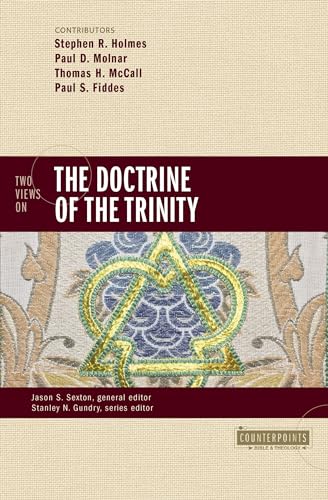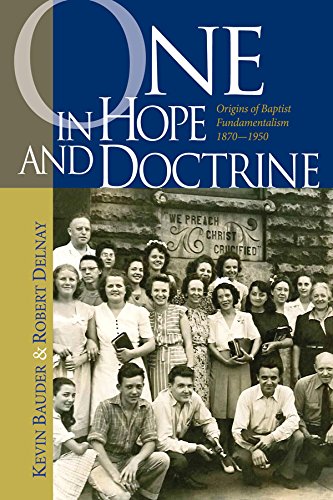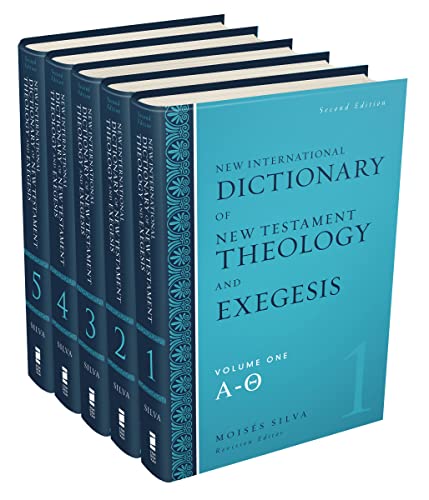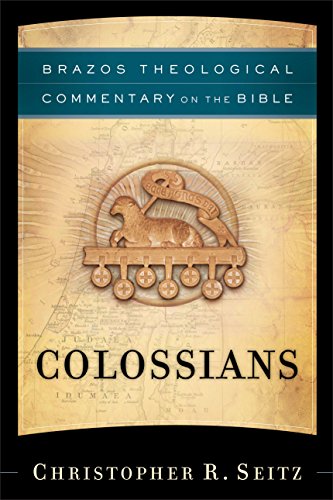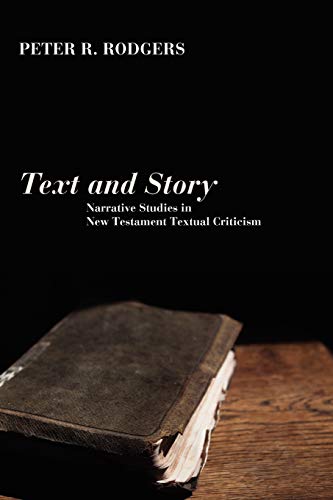Introducing Evangelical Ecotheology: Foundations in Scripture, Theology, History, and Praxis
Written by Daniel L. Brunner, Jennifer L. Butler, and A. J. Swoboda Reviewed By Andrew J. SpencerThis book by three academics associated with George Fox Evangelical Seminary attempts to involve evangelicals in dialogue about the environment. In recent years, debates over other social issues have largely kept theologically conservative evangelicals from engaging in discussion of environmental ethics. Due to a politicization of the topic, environmentalism has become an unhelpfully divisive issue in the church. As such, a thorough evangelical environmental theology would be a welcome contribution to the discussion. Unfortunately, this text does not meet that need.
This book has the key components for an introductory text on an ecologically friendly theology. It is divided into four parts. In Part I, after overviewing the structure of the book in their introduction, the authors outline a basic theological method, which includes listening to God’s general and special revelation. The study of general revelation includes their detailed presentation of environmental data and projections that offer a picture of a creation that is distressed. In Part II, the authors present historical and theological approaches to an ecologically sensitive theology. They do this by selectively overviewing attitudes toward the creation from church history using an admittedly revisionist method (p. 69) and by presenting major doctrines such as Christology, pneumatology, anthropology and soteriology reinterpreted along ecological lines. Part III offers recommendations for putting their proposed ecotheology into practice. Their suggestions include such things as eating less meat, reducing consumption of goods, and incorporating “green” elements for the Lord’s Supper that are certified as both fair trade and ecologically sourced. Part IV concludes the volume with a single chapter that functions as an epilogue, encouraging an attitude of hope and active participation in solving ecological problems despite their enormity.
As a whole, Introducing Evangelical Ecotheology presents a comprehensive case for living an ecologically friendly lifestyle. The authors’ conclusions about necessary human response, given the popularly accepted interpretations of climate data, are consistent with those found in non-religious environmental ethics texts. Their theological method will resonate strongly with many Christians, particularly with younger Christians who are seeking to reconcile their concern with the environment with their adherence to the Christian faith.
The problem with this text is that it presents a questionable theological method as consistent with evangelicalism. The authors claim their approach is evangelical based on a brief citation of David Bebbington’s famous evangelical quadrilateral: conversionism, activism, biblicism, and crucicentrism (p. 5). A closer examination of Bebbington’s categories and ecotheology reveal a significant distance between the two, particularly in the category of biblicism.
Ecotheology is not merely a term that refers to theology that affirms the goodness of creation and seeks to properly care for it; it is a technical term for a form of liberation theology that seeks to radically reinterpret both historical Christian theologies and the text of Scripture with an explicit bias. Proponents of ecotheology cited authoritatively in this text, such as David Horrell, are open advocates for a hermeneutics of suspicion and radical reconstruction of theology using environmentalism as the doctrinal key. Based on their suspicion toward Scripture, it is not surprising the authors eschew gendered language when referencing God (p. 21). The “biblicism” of this supposedly evangelical ecotheology disregards the text of the Bible, which uses masculine pronouns to describe God. Instead of taking the Bible as it presents itself, the authors attempt to “embrace the Bible for its revelation of salvation and justice” while they “resist applying it through a model that views interpretation as timeless and transcultural” (p. 21). In effect, they are subordinating Scripture to contemporary cultural standards.
In general, the text presents an approach to theology that will seem palatable to many evangelical Christians. Affirmations of “praxis” (pp. 7, 14, 19) and assertions of an “interconnection between ecology and liberation theology” (p. 93) occasionally come to the surface. However, the failure to define these loaded theological terms brings into question the introductory nature of this volume. This is a more subtle presentation of a questionable liberation theology than most from the ecotheological tradition, but it is no less distant from a robust evangelical theology. Largely absent from the sources of this volume are self-identifying evangelicals, with only a handful of such scholars cited for illustrative purposes (e.g. Douglas Moo). The substance of the arguments is supported by academics like Rosemary Radford Reuther, Sallie McFague, and Leonardo Boff—scholars who are openly skeptical, if not hostile, to the content of Scripture and traditionally orthodox Christian theology. Though Brunner, Butler, and Swoboda present their skepticism in more muted tones, it is no less evident, which makes this an evangelical text only by stretching the usual definitions beyond recognition.
Introducing Evangelical Ecotheology adds little to the discussion of environmental ethics. Were the theological content removed it would offer a standard, non-religious apology for green living. The significance of this book is that it represents an attempt to recommend a version of liberation theology as a viable evangelical option. The chief importance of the volume is as a sign of the times; it marks a move to obfuscate theological dialogue. This volume will provide little help to evangelicals seeking to live an appropriately ecological lifestyle and thus there is little reason to commend it to readers.
Andrew J. Spencer
Andrew J. Spencer
Southeastern Baptist Theological Seminary
Monroe, Michigan, USA
Other Articles in this Issue
The account of Abraham's near-sacrifice of Isaac has been and will likely continue to be violently applied so long as the dominant misunderstanding of the text prevails...
In recent years, a growing cadre of younger historians has begun publishing significant books on the history of American evangelicalism...
Romans 4 remains a central text in the debate over the New Perspective on Paul...
Within the intra-Reformed debate over baptism, covenant theology is a crucial aspect in determining one's position...
‘Fathers of Faith, My Fathers Now!’: On Abraham, Covenant, and the Theology of Paedobaptism
by David GibsonThe figure of Abraham creates a covenantal framework for biblical theology that allows baptism to be considered in relation to the Bible's developing story line...



